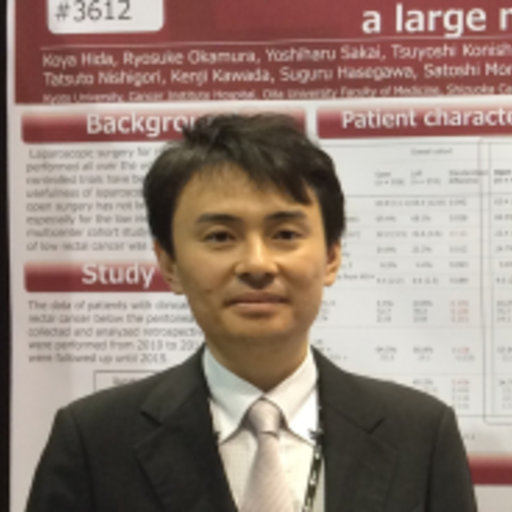
Analysis of NTRK Alterations in Pan-Cancer Adult and Pediatric Malignancies: Implications for NTRK-Targeted Therapeutics
We now understand that cancer is a disease rooted in genomic breakdown. But when analyzing a patient’s genome, not all mutations contribute equally to disease. Further complicating things is the fact that, even after a gene’s role in cancer development is clearly established, only certain alterations can be targeted by current therapies. Therapeutically targetable mutations, therefore, are needles in the haystack for cancer researchers – which explains the recent excitement around the NTRK gene family.
NTRK fusions have proven highly responsive to targeted therapy; NTRK inhibitors have produced previously unforeseen responses in patients with these fusions, including those with some of the most aggressive cancers. A recent study analyzed both fusions and non-fusion NTRK alterations in over 13,000 solid tumors. The team wanted to determine both the prevalence of these alterations and their pattern of occurrence – which of them tend to appear together, and in which cancers. I spoke with Dr. Okamura, one of the study’s authors, about his team’s findings:
Me: In addition to fusions, which we now know are clinically actionable, you screened these tumors for other NTRK aberrations – which were far more prevalent, but haven’t proven to be druggable. Why are NTRK fusions so much more responsive to targeted therapy than other NTRK abnormalities?
Dr. Okamura: Genomic fusion often produces a protein that acts as an oncogenic driver and results in an active tyrosine kinase enzyme. So we think that regulation of tumor cell proliferation, invasion, or angiogenesis in fusion-positive tumors is somewhat addicted to a pathway driven by its fusion even if the tumor has other co-alterations.
Me: Now that tissue-agnostic targeted therapy is becoming more prevalent, do you anticipate these types of pan-cancer genetic analyses becoming more frequent in the research community?
Dr. O: Absolutely yes. Developments in sequencing techniques have recently enabled us to understand tumor molecular biology more visibly. Every tumor is both biologically complex and individually unique even among the same cancer diagnosis. Moreover, the remarkable response rate of trk-inhibitors in NTRK-fusion positive tumors indicates a need for detecting even such a rare type of alterations regardless of a cancer diagnosis.
Me: What do you hope to see other researchers do with these results? Any recommendations for follow-up studies that could expand on your findings?
Dr. O: Fortunately, this paper has already been cited by several interesting studies from other research teams. They have emphasized the importance of routine NTRK-fusion detection in pan-cancer setting or further investigation of non-fusion NTRK alterations based on our findings.
Me: What do you hope clinicians take from this study, as far as informing their approach to cancer treatment?
Dr. O: NTRK fusions are rare, but once a tumor harbors NTRK-fusion, it is a strong biomarker for an effective targeted therapy approach. This further expands the paradigm of precision approaches in the pan-cancer setting and tissue-agnostic genomic drug development.
This publication is currently available on PubMED:
CLICK TO VIEW PUBLICATION